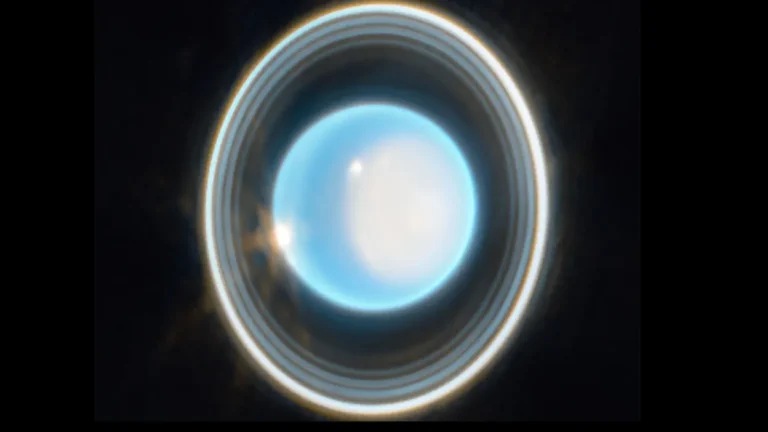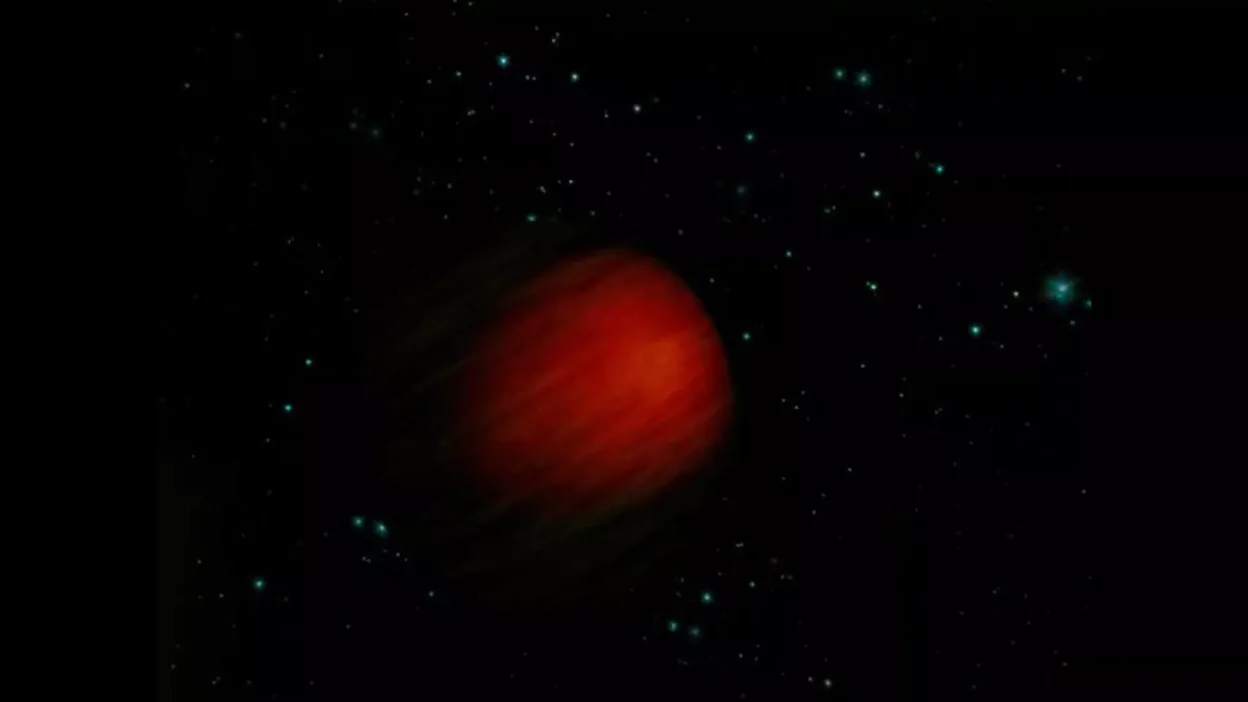Taking to social media, the Indian Space Research Organization (ISRO) tagged its first successful landing of a reusable launch vehicle, Cyclone-4R, here just a few hours ago.
#ISRO Successfully Clears Autonomous Landing Of Its First Reusable Rocket; Netizens Say ‘Its A Game Changer’
After years of failures and failures, ISRO finally succeeded in taking off the first reusable rocket and landing it autonomously. The rocket powered by six solid boosters and two liquid engines came back to Earth after successfully orbiting around the Earth three times before returning.
The success is expected to usher significant changes in space launches.
India’s space agency, the Indian Space Research Organization (ISRO) successfully conducted its first-ever landing of a reusable launch vehicle (RLV) on 23 April 2019 for the first time. The landing was made at Sriharikota in Andhra Pradesh.
The RLV-TD launched on 22 April 2019 had successfully flown a 780 kilometer journey into orbit and landed back to Earth without any human help. The rocket’s first flight has been hailed as a world record by ISRO.
“This is a game changer,” said former ISRO chairman G Madhavan Nair at the mission’s success celebration in Sriharikota. “It is things like this that require skill, training and hard work.”
In 2017, India’s space agency, the ISRO, has achieved a lot of milestones and has been granted many accolades for its various missions.
These achievements have seen the ISRO hit many milestones such as launching 104 satellites in one go; successfully putting an orbiter around Mars; a successful landing of the launch vehicle on earth after putting the satellite in orbit around earth.
On March 27th 2019, the Indian Space Research Organization (ISRO) successfully conducted the Reusable Launch Vehicle Autonomous Landing Mission (RLV LEX) at the Aeronautical Test Range. This is the first time a rocket has landed in India.
The RLV LEX mission is an example of how AI can be used in aerospace engineering and technology. Its successful landing on Earth is an important moment in India’s history of space exploration as it will pave way for cleaner methods of accessing space and reducing launch costs by over 80%.
The recent demonstration by ISRO, India’s premier space agency, is an indication of how AI can reduce stress on human engineers during complex operations that require a lot of manual labor like rocket launches. In its place, AI would use mathematical calculations to determine if a risky maneuver would be safe enough to make
From a distance, the looking like a slender white-and-silver blue saucer with two fins on either side of its body and a trio of solar panels all around the rim, looked like it was floating in the air.
On December 22, 2016, Indian Space Research Organisation (ISRO) launched its first Reusable Launch Vehicle (RLV) – RLV-TD and successfully conducted the autonomous landing mission. On December 23rd, it was joined by DRDO India IAF MCC for an outreach programme.
This was India’s first success in rocket landing and marked a milestone in space exploration history.
The Indian Space Research Organisation (ISRO) has created history in a big way. ISRO is the first to have successfully conducted the first rocket landing and the first reusable launch vehicle on earth.
When it comes to space exploration, there are many tough challenges to overcome. One of them is finding ways to reduce cost and time associated with a mission and landing the rocket safely on earth after its use. With today’s successful landing, India has stepped towards reducing these challenges by encouraging innovative solutions such as reusable rockets and autonomous flight.
While this was an important step for India in terms of space exploration, ISRO also notes that this is just a beginning of their journey into creating efficient and cost-saving space systems.
On the evening of December 28, 2018, a rocket carrying a satellite on its way to space successfully landed at the Bay of Bengal. India has joined the select club of countries that have successfully conducted such a mission.
First ever Indian RLV test was conducted by ISRO and DRDO on December 28, 2018 over Sriharikota. The RLV-TD (Technology Demonstrator) blasted off from Satish Dhawan Space Centre with a 3.7 tonne experimental satellite from Sriharikota and touched the sea surface before conducting an autonomous landing down in Bay of Bengal minutes later.





